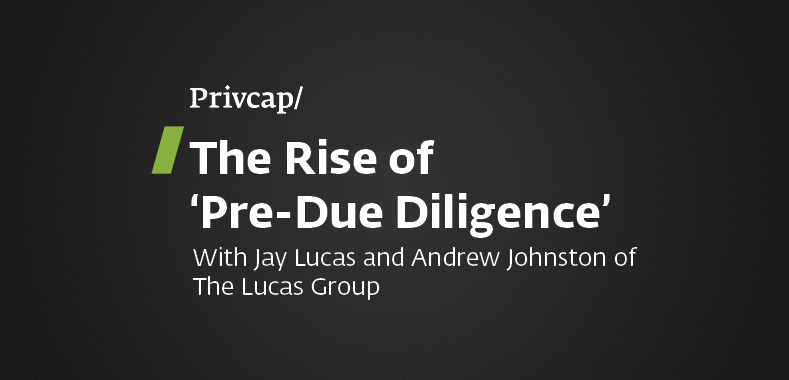Are You Making This Huge Due Diligence Mistake?
Don’t fall into the “simplicity trap.”
That’s the warning from Dave Noonan, national leader of RSM US LLP’s Private Equity Consulting Group. Too often, Noonan says, investment teams analyzing a carve-out or M&A deal think that only complex businesses with complex technological infrastructure require extensive due diligence of IT systems and processes.

“If you look in the marketplace today, only half of the transactions include IT diligence,” Noonan says.
And too often that leads to costly mistakes.
“A flexible IT platform can make or break an aggressive M&A strategy,” explains Jonathan Caforio, principal in Technology and Management Consulting at RSM US LLP. “In some cases, 50 percent of the post-acquisition synergies are IT-dependent.”
The reality is that even the most “simple” business relies on a range of hardware and software that requires integration with a platform company or, in the case of a carve-out, needs to be untethered from its corporate parent and either dispositioned or re-established.
Caforio says that extensive IT due diligence answers obvious questions, such as whether an existing phone system needs to be replaced and whether an enterprise resource planning system, customer relationship management system, or payroll system will require extensive integration work. But that due diligence also answers more fundamental questions.
“For the companies we do diligence on, you get a good leading indicator on how the business is run and the discipline in the organization,” he says.
In one recent carve-out, an RSM client neglected to perform IT due diligence on a $40M deal and

estimated its integration costs at approximately $125,000. Noonan says that after it began running into trouble, the company asked RSM to review its plan. The review quickly revealed about $1M worth of work.
“For every deal that they now do, they do IT diligence,” Noonan says. “It could have negated the investment thesis. Luckily, it still fit in the model.”
Another client engaged RSM to evaluate the acquisition of a $600M company by a $1B platform company. The diligence revealed about $10M in IT integration costs. The deal went forward.
“We were able to both do the diligence and validate the implementation time- line, helping save the company quite a bit of money because we were able to get off some IT platforms earlier,” Noonan says.
Failing to perform diligence up front can compound subsequent costs—not only in overlooked upgrade and integration expenses, but also in disrupting an ongoing business. Yet this happens again and again.
“They fall into a simplicity trap,” Noonan says. “Simple IT systems often lead to expensive surprises.
Download article as a PDF: Are You Making This Huge Due Diligence Mistake?
Failing to conduct IT due diligence can make or break your investment strategy warns Dave Noonan and Jonathan Caforio of RSM US LLP



